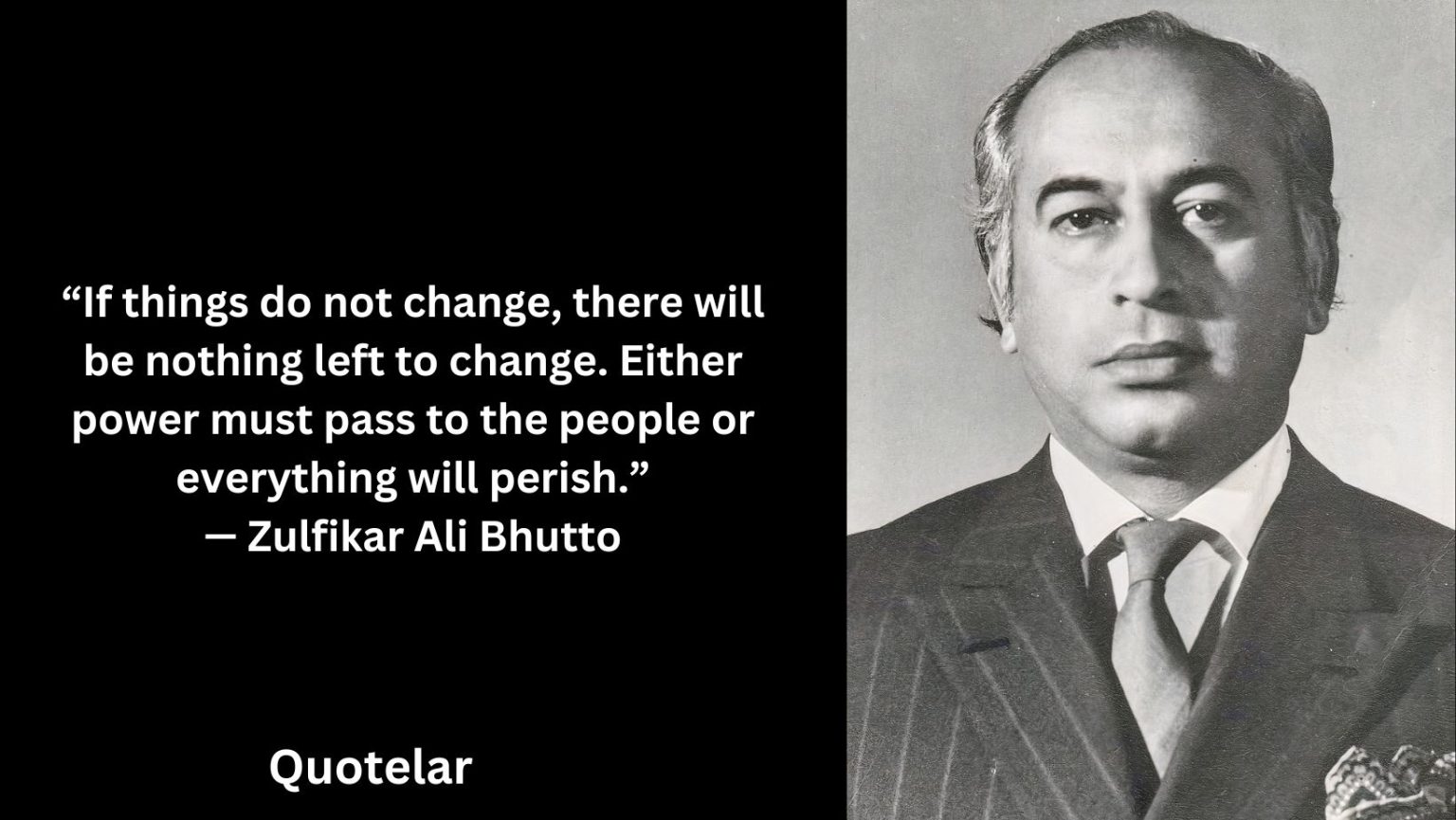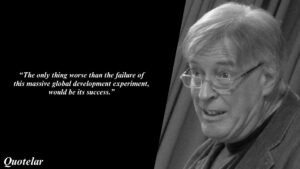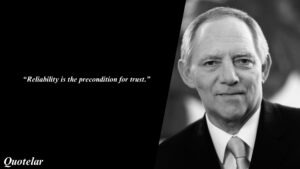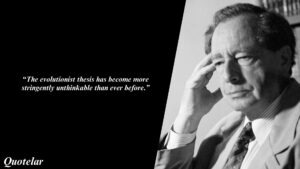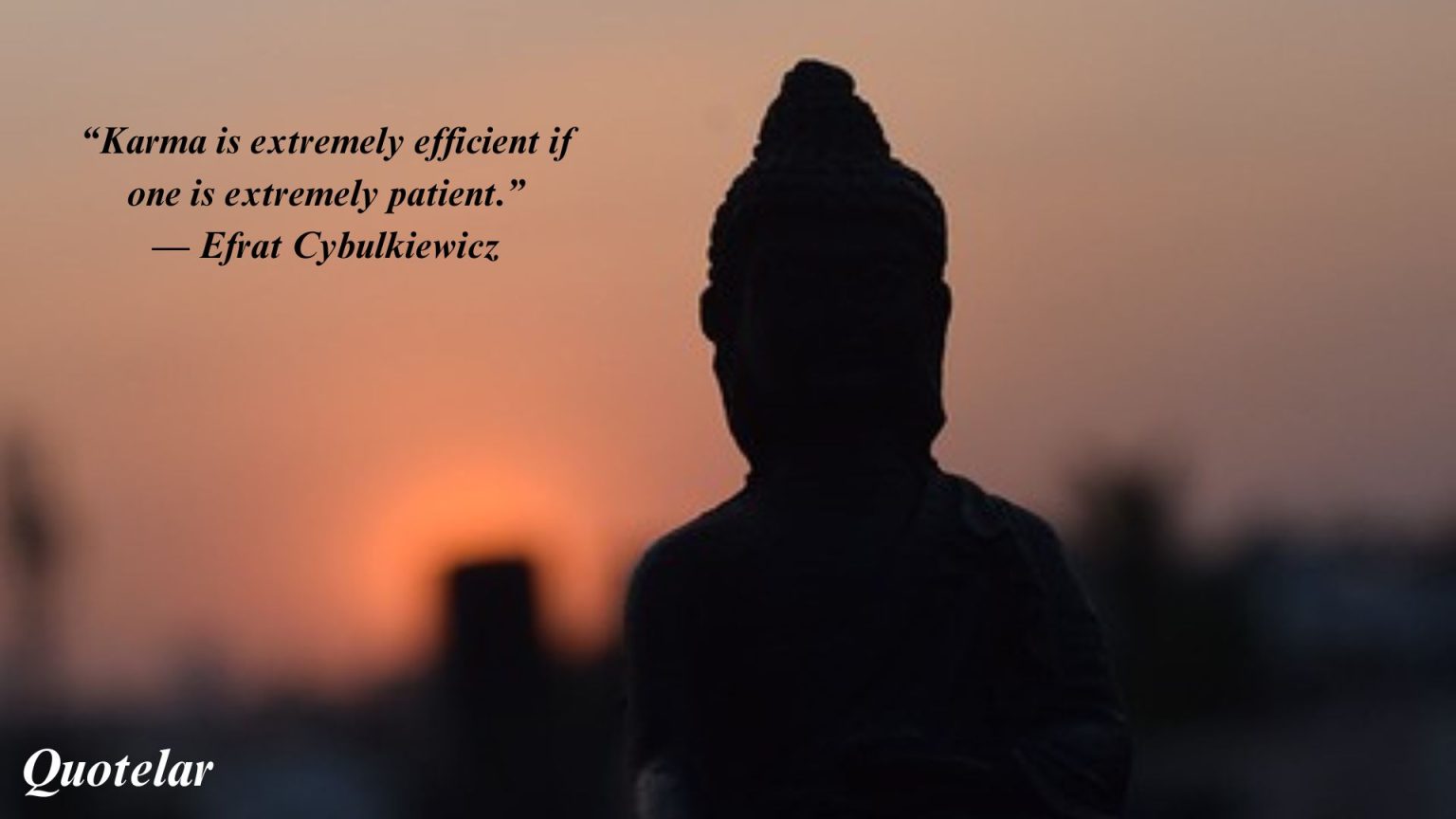Zulfikar Ali Bhutto (1928-1979) was a Pakistani politician who served as the President of Pakistan from 1971 to 1973 and as the Prime Minister of Pakistan from 1973 to 1977. He was a prominent figure in Pakistani politics and the founder of the Pakistan People’s Party (PPP).
Bhutto was born on January 5, 1928, in Larkana, Sindh, British India (now in Pakistan). He came from a wealthy and influential family. After completing his education in Pakistan and the United States, Bhutto entered politics and joined the government of President Ayub Khan. However, he eventually became disillusioned with Khan’s regime and resigned in 1966.
In 1967, Bhutto founded the Pakistan People’s Party (PPP), which aimed to promote the rights of the working class and advocate for social justice. He quickly gained popularity and support, particularly among the lower and middle classes. Bhutto’s charisma and populist policies led to his election as President of the PPP in 1970.
During the political turmoil surrounding the separation of East Pakistan (now Bangladesh) in 1971, Bhutto played a significant role. He negotiated with West Pakistani leaders and played a key role in the creation of a new constitution for a united Pakistan, which led to the formation of the independent state of Bangladesh.
Following the separation of East Pakistan, Bhutto became the President of Pakistan in 1971. However, his presidency was short-lived, as he abolished the office of the President and assumed the position of Prime Minister in 1973. As Prime Minister, Bhutto implemented a series of socialist reforms, nationalized several industries, and introduced land reforms.
Bhutto’s government also faced various challenges, including opposition from religious and conservative elements, as well as regional conflicts. In 1977, widespread protests erupted against Bhutto’s government, leading to a military coup led by General Muhammad Zia-ul-Haq. Bhutto was arrested and charged with conspiracy to murder a political opponent. Despite international appeals for clemency, he was sentenced to death and executed on April 4, 1979.
Zulfikar Ali Bhutto’s political legacy remains significant in Pakistan. He is remembered for his populist rhetoric, socialist policies, and efforts to promote democracy and social justice. His daughter, Benazir Bhutto, also served as the Prime Minister of Pakistan and became a prominent political figure in her own right before her assassination in 2007.
Zulfikar Ali Bhutto Quotes
1. “We(Pakistan) will eat grass, even go hungry, but we will get one of our own (Atom bomb)…. We have no other choice!”
— Zulfikar Ali Bhutto
2. “If things do not change, there will be nothing left to change. Either power must pass to the people or everything will perish.”
— Zulfikar Ali Bhutto
3. “If the people wanted my head I would bow without demur. If I had lost the confidence or respect of the people I would not want to live. The tragedy of the drama is that the very opposite is true.”
— Zulfikar Ali Bhutto
4. “I am guiding you to seek truth from the facts of the historical conditions of our society and to identify the problems. The correct solutions will come with the correct identification of the problems.”
— Zulfikar Ali Bhutto
5. “Yes, there are circumstances where a bloody suppression is justifiable and justified.”
— Zulfikar Ali Bhutto
6. “I’m not trying to minimize things; I’m trying to bring them back to reality.”
— Zulfikar Ali Bhutto
7. “A dreaded society is not a civilized society. The most progressive and powerful society in the civilized sense, is a society which has recognized its ethos, and come to terms with the past and the present, with religion and science. With modernism and mysticism, with materialism and spirituality; a society free of tension, a society rich in culture. Such a society cannot come with hocus-pocus formulas and with fraud. It has to flow from the depth of a divine search.”
— Zulfikar Ali Bhutto
8. “A regime which puts in a bunker the highest law in the land does not have the moral authority to say that nobody is above the law.”
— Zulfikar Ali Bhutto
9. “For instance, in the name of unity. You can’t build without destroying.”
— Zulfikar Ali Bhutto
10. “Every government, every country, has the right to exercise force when necessary.”
— Zulfikar Ali Bhutto
11. “Lets build a monument for the veto. Lets build a monument for impotence and incapacity.”
— Zulfikar Ali Bhutto
12. “Pakistan was once called the most allied ally of the United States. We are now the most non-allied.”
— Zulfikar Ali Bhutto
13. “Mrs. [Indira] Gandhi can rightly boast of having won a war, but if she won it, she should first of all thank Yahya Khan and his gang of illiterate psychopaths.”
— Zulfikar Ali Bhutto
14. “I tried to explain that there was a great difference between me and Mujib [Rahiman]: he was a secessionist and I wasn’t.”
— Zulfikar Ali Bhutto
15. “There’s only one man really responsible for those events – Yahya Khan. Both he and his advisers were so drunk with power and corruption they’d even forgotten the honor of the army.”
— Zulfikar Ali Bhutto
16. “Tikka Khan won’t try to stick his nose in politics.”
— Zulfikar Ali Bhutto
17. “In March [1972] the unity of Pakistan depended on the suppression of the secessionists. But to carry it out with such brutality on the people instead of on those responsible wasn’t necessary. That’s not the way to convince poor people who’ve been told that with the Six Points there’ll be no more hurricanes, no more floods, no more hunger. I spoke out against such methods more emphatically than anyone else, and when no one dared do so.”
— Zulfikar Ali Bhutto
18. “In April [1972], after that fine business in Dacca, Yahya Khan sent for me. He looked satisfied, sure of himself, by now convinced he had the situation in hand. He offered me a drink. “Well, you politicians are really finished,” he said. Then he said that not only Mujib but I too was considered an agitator, I too was preaching against the unity of Pakistan. “I’m always under pressure to arrest you, Bhutto” I got so angry I lost all control.”
— Zulfikar Ali Bhutto
19. “The sanction of force stands behind the medley of personal orders and regulations of Martial Law. The sanction of the people’s consent stands behind the hierarchy of laws. In one situation, the population is regimented into acquiescence. In the other, the population voluntarily establishes a contract with Parliament.”
— Zulfikar Ali Bhutto
20. “To conclude, the tragedy of March 25 [1969] caught me by surprise. Yahya Khan fooled even me.”
— Zulfikar Ali Bhutto
21. “I would not let myself be intimidated by Yahya Khan, his methods had led us to disaster.”
— Zulfikar Ali Bhutto
22. “Yahya Khan wasn’t interested in the government of the country, he was interested in power for its own sake and nothing else.”
— Zulfikar Ali Bhutto
23. “[Mujib Rahman] is mad, mad! And they’re all mad, the press included, who repeat after him, “Three million dead, three million dead!” The Indians had let out the figure of one million. He came along and doubled it. Then tripled it. It’s a characteristic of the man – he’d done the same for the hurricane.”
— Zulfikar Ali Bhutto
24. “Tear gas, rubber bullets, and I would have arrested all the leaders. Oh, only a disgusting drunkard like ex-President Yahya Khan could have sullied himself with an operation carried out so badly and bloodily.”
— Zulfikar Ali Bhutto
25. “The same goes for the refugees. Mrs.[Indira] Gandhi says ten million. It’s obvious she started with that figure in order to legalize her offensive and invade East Pakistan. But when we invited the United Nations to check, the Indians were opposed. Why were they opposed? If the figure were exact, they shouldn’t have been afraid of its being verified.”
— Zulfikar Ali Bhutto
26. “Tikka Khan was a soldier doing a soldier’s job.”
— Zulfikar Ali Bhutto
27. “What can you say of a leader who starts drinking as soon as he wakes up and doesn’t stop until he goes to bed? You’ve no idea how painful it was to deal with Yahya Khan. He was really Jack the Ripper.”
— Zulfikar Ali Bhutto
28. “[Yahya Khan] thought of nothing but acquiring beautiful cars, building beautiful homes, making friends with bankers, and sending money abroad.”
— Zulfikar Ali Bhutto
29. “Even to get Yahya Khan to reason was an impossible task – it only made you lose your temper.”
— Zulfikar Ali Bhutto
30. “Mujib [Rahman], as you’ve seen, is a congenital liar. He can’t help telling lies – it’s something stronger than he.”
— Zulfikar Ali Bhutto
31. “I can’t destroy the whole army, and anyway [Tikka Khan] bad reputation for the events in Dacca is exaggerated.”
— Zulfikar Ali Bhutto
32. “That Mujib [Rahiman] had been arrested I found out at eight in the morning, when I left. How did I take it? I was glad he was alive and I thought they might have maltreated him a little. Then I thought that his arrest might help to reach a compromise. They wouldn’t keep him in prison more than a month or two, and in the meantime we’d be able to bring back law and order.”
— Zulfikar Ali Bhutto
33. “[Yahya Khan ] had given me an appointment for the following day. And, days later, General Mohd Umar revealed to me that he’d resorted to this stratagem so that I’d stay in Dacca and “see the efficiency of the army.” I give you my word of honor that all this is true.”
— Zulfikar Ali Bhutto
34. “To build a country, [Joseph] Stalin was obliged to use force and kill. Mao Tse-tung was obliged to use force and kill. To mention only two recent cases, without raking over the whole history of the world.”
— Zulfikar Ali Bhutto
35. “I don’t say it in the Indian fashion that is hypocritically. I say it sincerely because, instead of hatred, I feel great compassion for Mujib Rahiman.”
— Zulfikar Ali Bhutto
36. “Do you know that Yahya Khan’s first victim was not to have been Mujib [ Rahman] but myself? Many people in my party were in prison, and at the end of 1970, November 5, 1970, to be exact, he had said to Mujib, “Should I arrest Bhutto or not?” Look, the only reason why he reversed his schedule was that in West Pakistan he couldn’t control the situation as in East Pakistan. Besides Mujib has never been intelligent – he let himself be backed into a corner.”
— Zulfikar Ali Bhutto
37. “Let’s talk about the other story: the women raped and killed. I don’t believe it. Certainly there was no lack of excesses, but General Tikka Khan says that in those months he often invited the population to report abuses to him directly.”
— Zulfikar Ali Bhutto
38. “[Tikka Khan] made his appeal with loudspeakers, and still he came to know of only four cases. Shall we multiply by ten and make it forty? We’re still far from the senseless figures spread around by Mujib [Rahman] and Indra Gandhi.”
— Zulfikar Ali Bhutto
39. “I felt certain uneasiness, a strange sensation, which had comic to a head. Every evening I went to Yahya to report that Mujib [Rahiman] and I weren’t making any progress, and Yahya [Khan] showed no interest. He looked away or complained about the television or grumbled because he couldn’t listen to his favorite songs – his records hadn’t arrived from Rawalpindi.”
— Zulfikar Ali Bhutto
40. “[Yahya Khan ] I have a big problem on my hands with him. I’ve set up a war commission to study the responsibilities inherent in the recent conflict.”
— Zulfikar Ali Bhutto
41. “Mujib [Rahman] talks at random, depending on his mood and the disorders of his sick mind.”
— Zulfikar Ali Bhutto
42. “[Tikka Khan] went to East Pakistan with precise orders and came back by precise orders. He did what he was ordered to do, though he wasn’t always in agreement, and I picked him because I know he’ll follow my orders with the same discipline.”
— Zulfikar Ali Bhutto
43. “I’ve known him since 1954 and I’ve never taken Mujib Rahiman seriously – I understood from the very first moment that there was no depth to him, no preparation, that he was an agitator breathing a lot of fire and with an absolute lack of ideas.”
— Zulfikar Ali Bhutto
44. “The fact is that when you talk about Mujib [Rahiman], everything seems so incredible. I don’t understand how the world can take him seriously.”
— Zulfikar Ali Bhutto
45. “We know who left the country. And many were Bengalis from West Bengal, sent from Calcutta. It was she who sent them – Mrs.[Indira] Gandhi.”
— Zulfikar Ali Bhutto
46. “I’ve known him since 1954 and I’ve never taken Mujib Rahiman seriously – I understood from the very first moment that there was no depth to him, no preparation, that he was an agitator breathing a lot of fire and with an absolute lack of ideas.”
— Zulfikar Ali Bhutto
